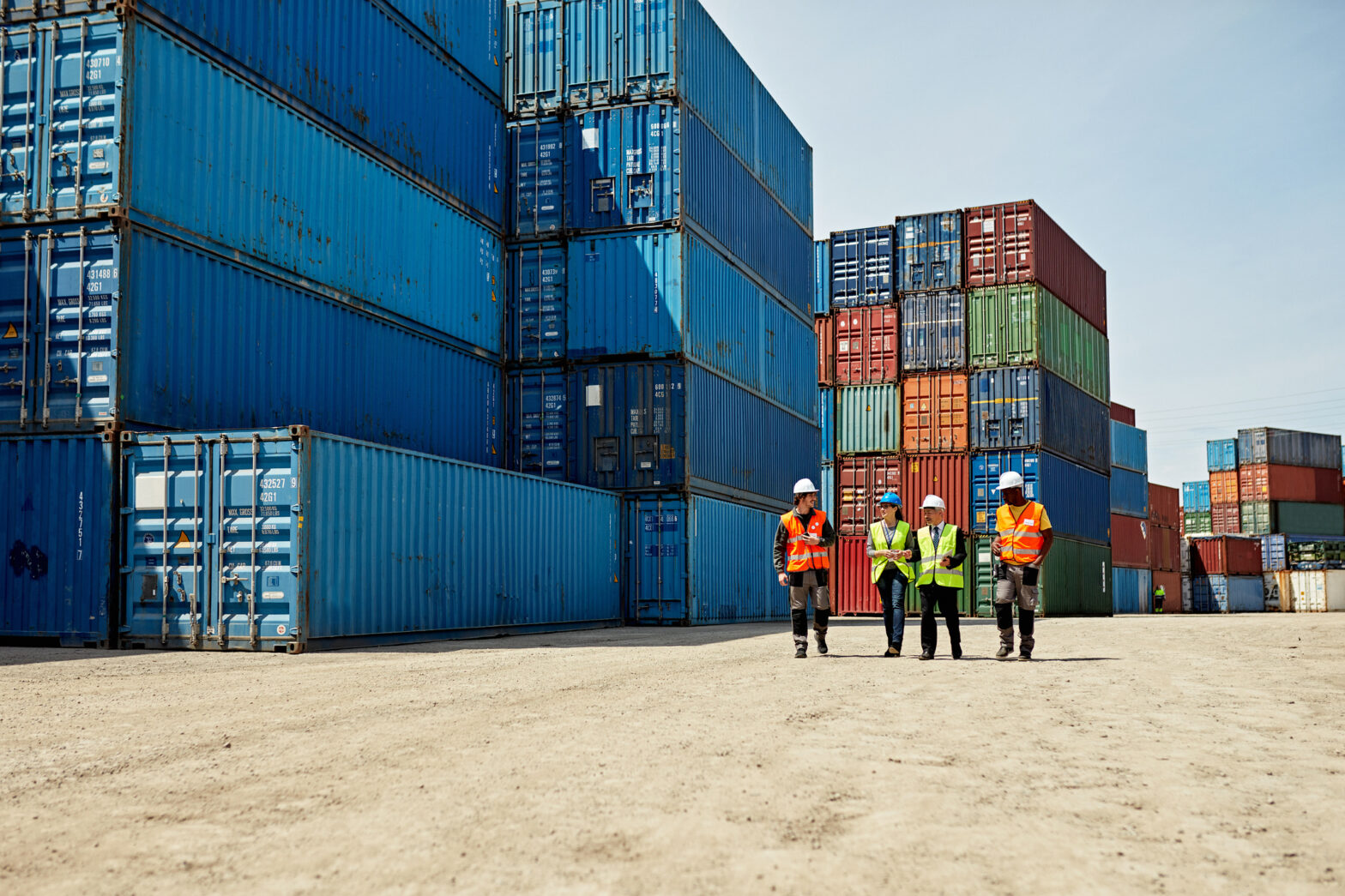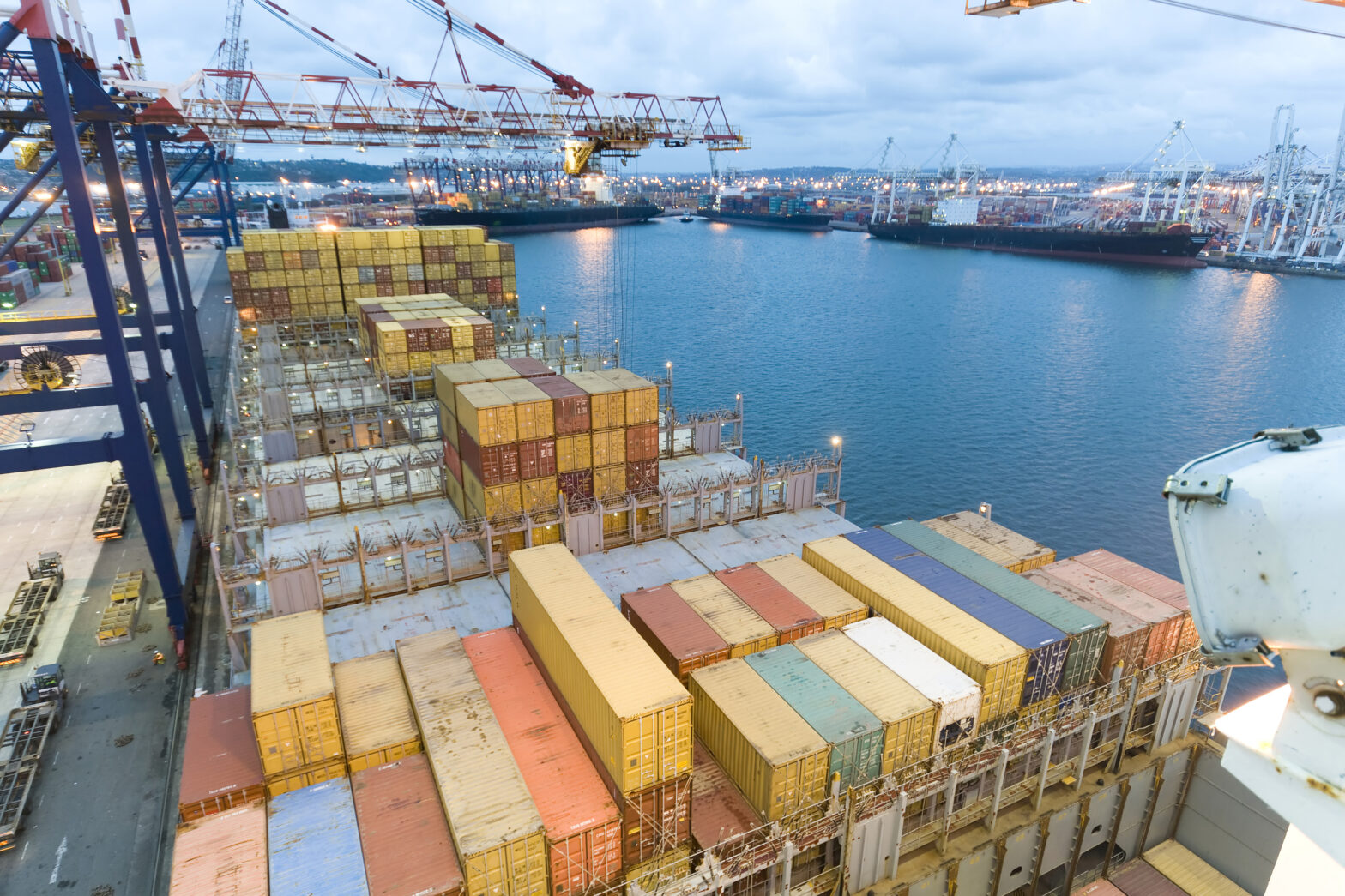Expanding a business and trading overseas can increase profits and help a company to grow faster – that is, as long as international development is carefully planned and executed. For one, transforming from a domestic to a multi-national company involves a variety of new legislation, customs and trading laws that must be researched and included in plans.
In order to expand from a local business to a global enterprise, here are five additional factors to contemplate when making a decision that can make or break your SME.
Manage international money
There are a number of finance issues when it comes to setting up internationally. While there are money issues to consider such as taxation and customs duties, remember to also factor in exchange rates when setting prices of products, include the costs of international money transfer and explore requirements if you need to secure finance for your overseas business venture.
Research local cultures
This is a factor that can be easy to overlook, which can lead to terrible consequences for your business. Different cultures tend to have different business cultures, such as dress codes in the Middle East, or very formal meetings in Asia. To ensure a smooth transition and increase chances of success, research local cultures, find out about their business practices and hire local workers.
Consider language barriers
Communication and the issue of the language barrier is a large problem when expanding overseas, so you need to find a viable solution. As well as learning key business phrases, you could consider hiring a translator or bilingual employees. Which option you choose largely depends on budget constraints. However, remember to translate appropriately, as words can have wildly varied meanings.
Adapt business plans
When growing your business internationally, it’s vital to realise that what works in your home country cannot necessarily be replicated elsewhere. To be successful, you need to adapt your existing company structure, marketing strategy and sales technique. Essentially, your business plan is not a one-size-fits-all model and should to be changed according to customer need and culture.
Keep branding consistent
While expanding overseas requires a lot of adaptation and change, it’s important to remain consistent, too. This is particularly true when it comes to your branding, as when going global, your company needs to be recognisable. As well as your logo and social media presence, offer the same high quality customer service so that your business is able to maintain its excellent reputation.








